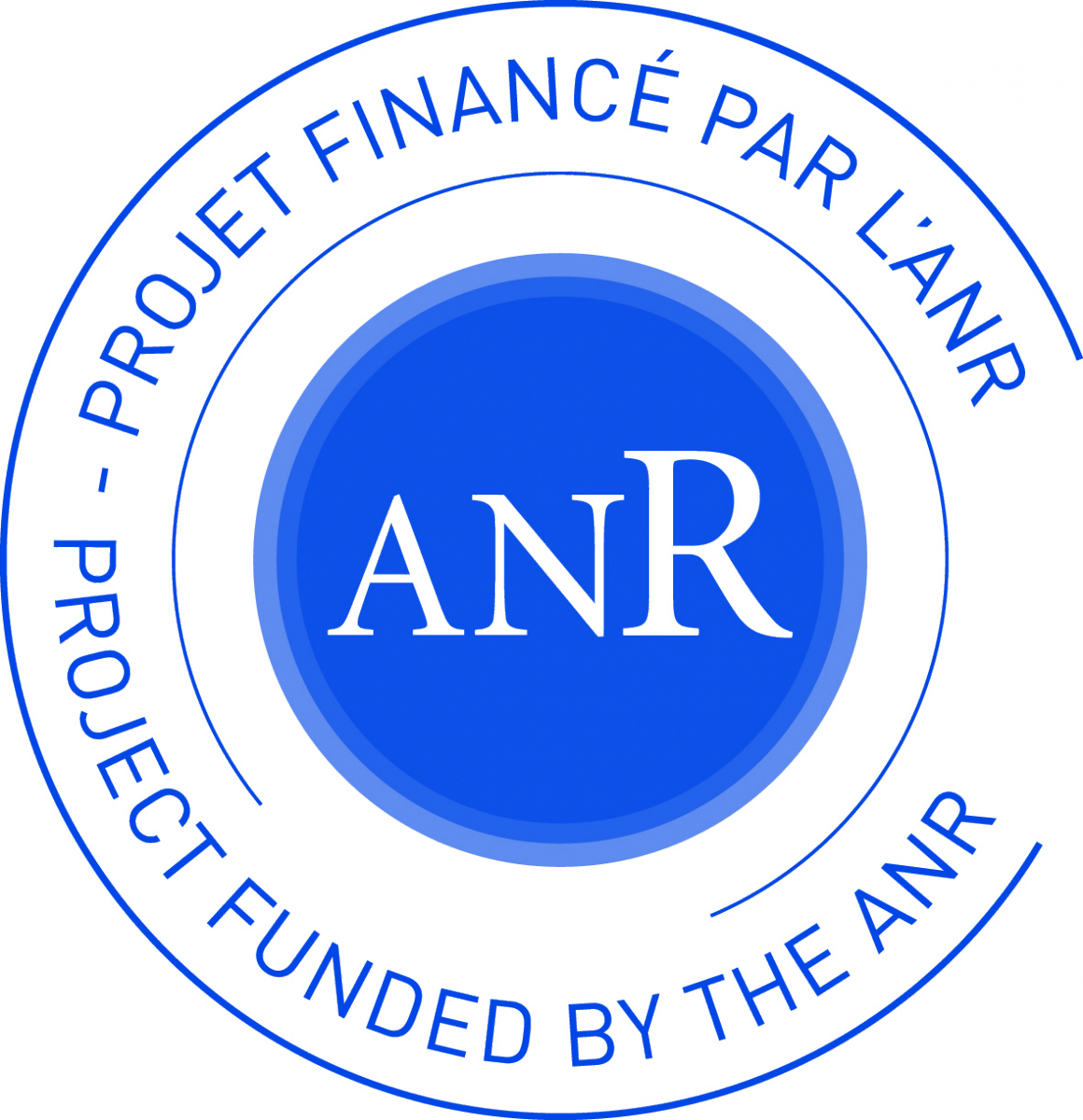Projects
ENHANCE 2017-2021: Piezoelectric Energy Harvesters for Self-Powered Automotive Sensors: from Advanced Lead-Free Materials to Smart Systems
 www.itn-enhance.com
www.itn-enhance.comMSCA-ITN-ETN - European Training Networks
Total Funding Amount: EUR 3,382,787.16
Coordinator: A. Bartasyte (University of Franche-Comté)
Beneficiaries: University of Franche-Comté (FR), INSA Lyon (FR), Grenoble INP (FR), Cedrat Technologies (FR), Imperial College London (UK), INSTM (IT), University of Cologne (DE), AIXTRON (DE).
Partner Organizations: EPFL (CH) , EpiValence (UK), PSA Peugeot–Citroen (FR), frecInIsys (FR), KTN (UK), ST-Microelectronics (IT)
Description: he proposed Initial Training Network entitled ""Piezoelectric Energy Harvesters for Self-Powered Automotive Sensors: from Advanced Lead-Free Materials to Smart Systems (ENHANCE)"" will provide Early Stage Researchers (ESRs) with broad and intensive training within a multidisciplinary research and teaching environment. Key training topics will include development of energy harvesters compatible with MEMS technology and able to power wireless sensor. Applied to automobiles, such technology will allow for 50 kg of weight saving, connection simplification, space reduction, and reduced maintenance costs - all major steps towards creating green vehicles. Other important topics include technology innovation, education and intellectual asset management. ENHANCE links world-leading research groups at academic institutions to give a combined, integrated approach of synthesis/fabrication, characterization, modeling/theory linked to concepts for materials integration in devices and systems. Such a science-supported total engineering approach will lead towards efficient piezoelectric energy harvesters viable for the automotive industry. ESRs will focus on this common research objective, applying a multidisciplinary bottom-up approach, which can be summarized by : ""engineered molecule- advanced material- designed device - smart system"". ENHANCE also seeks to intensify the relationship between academic and private sectors, and to train highly skilled young researchers for new materials and device technologies. Both are essential to provide a strong European lead over the rest of the world in this highly competitive industry."
LiLit 2016-2019: Integration of LiNbO3 films to the silicon technology for ultra-wide band and high-frequency RF filters
 www.femto-st.fr/projets/ANR-LiLit
www.femto-st.fr/projets/ANR-LiLitPCRE- Collaborative Research and Enterprise Funding, ANR program (DS0708) 2016
Total Funding Amount: EUR 717,917
Coordinator: A. Bartasyte (FEMTO-ST Institute)
Beneficiaries: FEMTO-ST Institute, Institute of Nanotechnologies of Lyon, CEA-Leti, Qualcomm
Description: Radio frequency (RF) filter products (market of €4.3BN in 2016) are used in the fields of information & communication, automotive navigation/toll systems, medical instruments, industry, household appliances, military applications, etc. Evolution of communication systems and continuously increasing transmission of information through different channels (4G) require on one hand increasing the number of bands assigned for transmission of data (up to 8) and on the other hand increasing the width of pass band and/or the working frequency in order to intensify the transmission of data. This requires more and more RF bands and more complex RF circuits without increasing the total size of the systems. Conventional RF filters based on surface acoustic waves (SAW) are limited to the frequencies up to 3.5 GHz and so far there are few perspectives for improving of this technology based on single-crystals. Thin film bulk acoustic resonators (TFBARs), based on AlN films, are limited by their low electromechanical coupling (7.5%), which restricts the bandwidth that can be achieved and hence limits the frequency to 4 GHz and the widespread use of this technology. Thus, new suitable low loss materials are needed with larger electromechanical coupling to achieve larger bandwidth. The proposed project entitled "Integration of LiNbO3 films to Silicon technology for ultra-wide band and high-frequency RF filters (LiLit)" will focus on the FBAR filters, based on highly coupled LiNbO3 films, operating at 5-6 GHz and/or with relative bandwidth in excess of 10 %. In the framework of LiLit project, a cost- and time-effective technology, with up-scaling possibility and compatibility with standard TFBAR processing will be developed, which will be able to offer a wide range of thicknesses, controlled with precision, of highly piezoelectrically coupled LiNbO3 films on electrode/SiO2/Si substrates. The proposed technology will be adaptable to the fabrication of SMR-BAW filters or devices based on SAW or Lamb waves, as well. Particular effort will be done (i) to achieve high acoustical performance of LiNbO3 films (electromechanical coupling > 20 %, high quality factor and stability at high power densities) through interface/surface and chemical engineering; (ii) to design FBAR resonators/filters with parasitic-free response offering extreme performance (large electromechanical coupling factor, i.e. wide-band at high frequencies), losses < 3 dB within the pass band and drift of frequency with temperature, acceptable for filter applications. The integration of LiNbO3 films onto silicon technology would be a breakthrough in the information & communication industry (5G mobile phone infrastructures, data treatment, Wi-Fi, etc.). It would permit increasing the telecommunication frequencies from 2-3 GHz to 6 GHz or trade the increased electromechanical coupling factor of resonators for improved temperature compensation, quality factors or even to make them tuneable. This will allow ameliorated communication efficiency through increased and intensified transmission of information and reduced number of components. LiLit links France-leading research groups at academic institutions and industry to give a combined integrated approach of advanced synthesis/cutting-edge micro-fabrication, characterization, modelling linked to concepts for materials integration in smart devices and systems. Such a science-supported total engineering approach will lead towards efficient next generation BAW filters viable for the RF communication industry. LiLit also seeks to intensify the relationship between academic and private sectors, which is essential to provide a strong European and French lead in this highly competitive RF industry.

